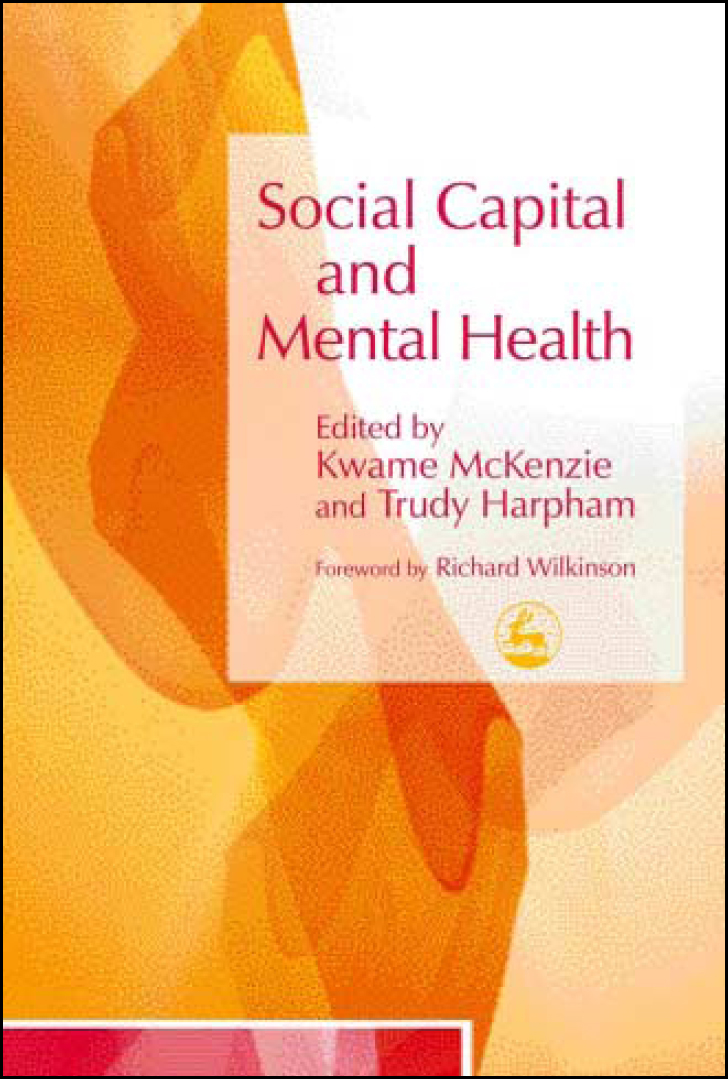
Social capital, embraced by New Labour and the World Bank, is currently the intellectual equivalent of Marmite, loved and loathed in equal measure. Cause of, and solution to, all of life's problems – or Emperor's new clothes? Like most agnostics, the editors of this book are not entirely sure but hedge their bets, just in case. Arguments for and against are marshalled in the best British tradition of fair play. On the one hand, social capital is the ‘missing link’ of social epidemiology, the glue required for effective societal functioning; on the other, it is poorly theorised, inadequately defined and unreliably measured. Up until now an industry in social capital research has been driven, and sometimes undermined, by the intuitive appeal and conceptual elasticity of the term itself. While this makes for great sound bites, the rhetoric is rarely matched by highquality evidence. And when the findings do not fit, the theory is changed instead. If you cannot explain something by too little social capital then maybe the problem lies in too much of the wrong kind?
This neat, readable little book confronts these inconvenient truths head on, and makes an excellent starting point for sceptics, too. The editors have sandwiched reports from five innovative studies in between balanced reviews of current theory and practice. Even if there is a hint that the best bits of cutting-edge research have been saved for peer-reviewed publication, these primary research narratives make compelling reading. Where else would you find an evocative account of an idyllic summer's afternoon on a city farm in Camden (complete with blackberry picking) juxtaposed with a death-defying description of working with teenagers in urban Columbia, homicide capital of the world?
While unlikely to convert many heretics, this book does make clear what is needed if social capital research is ever to deliver on the promises of its evangelists. If nothing else, the concept has encouraged people to look afresh at social ills and has inspired genuine efforts to relieve suffering and hardship.





eLetters
No eLetters have been published for this article.